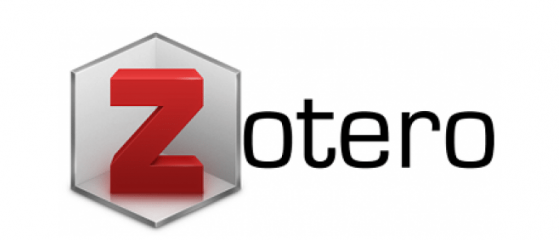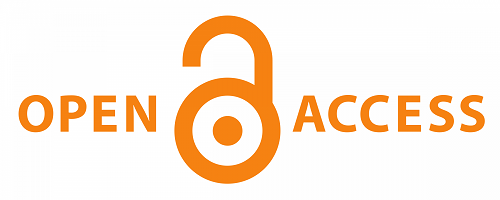Kompetensi Kepribadian dalam Kemandirian Bertindak Sebagai Pendidik
DOI:
https://doi.org/10.70294/juperan.v2i02.271Kata Kunci:
Independence , Personality, Teacher CompetenceAbstrak
Teachers are one of the educational components that play an active and strategic role in facilitating the teaching and learning process in schools. Teachers hold important positions that require a variety of skills depending on their duties and responsibilities. This does not mean to ignore the abilities that teachers should have, but we need to pay more attention to their character abilities. An important factor that must be considered to achieve good learning outcomes is student independence in learning. Independent learners tend to control their emotions without being influenced by other people. The role of parents is very important in encouraging independent learning in children. Students who are very independent in learning will try to use their own abilities to complete the tasks given by the teacher. In contrast to students who are less independent in learning and more dependent on others
Unduhan
Referensi
Anggraeni, A. D. (2017). Kompetensi kepribadian guru membentuk kemandirian anak usia dini. Awlady: Jurnal Pendidikan Anak, 28-47.
Dwintari, J. W. (2017). Kompetensi Kepribadian Guru Dalam Pembelajaran. Jurusan PPKn Program Pascasarjana Universitas Negeri Yogyakarta, 51-57.
Mulia, R., Padang, R., & Sumiati. (2021). Hubungan Kompetensi Kepribadian Guru Aqidah Akhlak Dengan Moral Siswa Di Kelas Vii Mts Babussalam Batu Korong . Jurnal Taushiah FAI UISU, 130-139.
Pujiastuti, E. E. (2013). Pengaruh Kepribadian Dan Lingkungan Terhadap Intensi Berwirausaha Pada Usia Dewasa Awal. Jurnal Inovasi dan Kewirausahaan, 1-8.
Safitri, S. F., Suyoto, & Nurhidayati. (2021). Pengaruh kemandirian belajar peserta didik dan latar belakang pendidikan orang tua terhadap hasil belajar kelas iv di sdit al-madina purworejo. Jurnal paris langkis, 114-124.
Zola, N., & Mudjiran, M. (2020). Analisis urgensi kompetensi kepribadian guru. Jurnal EDUCATIO (Jurnal Pendidikan Indonesia), 88-93










